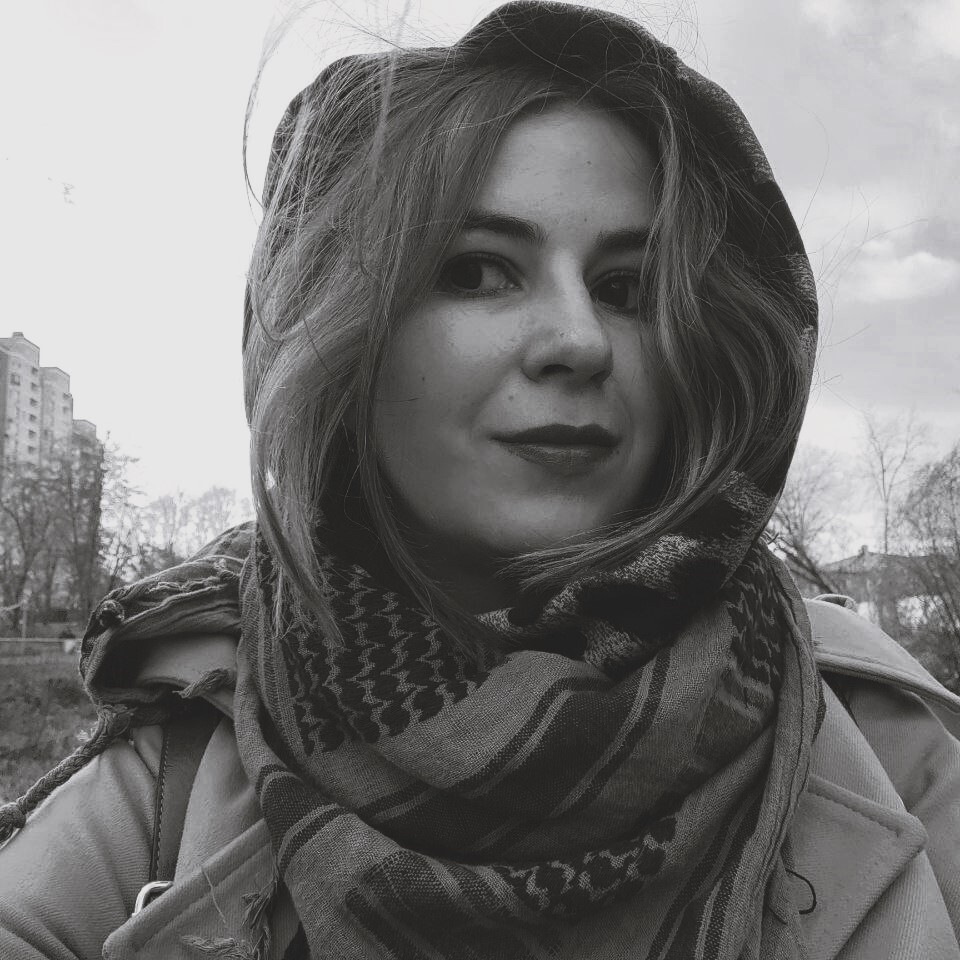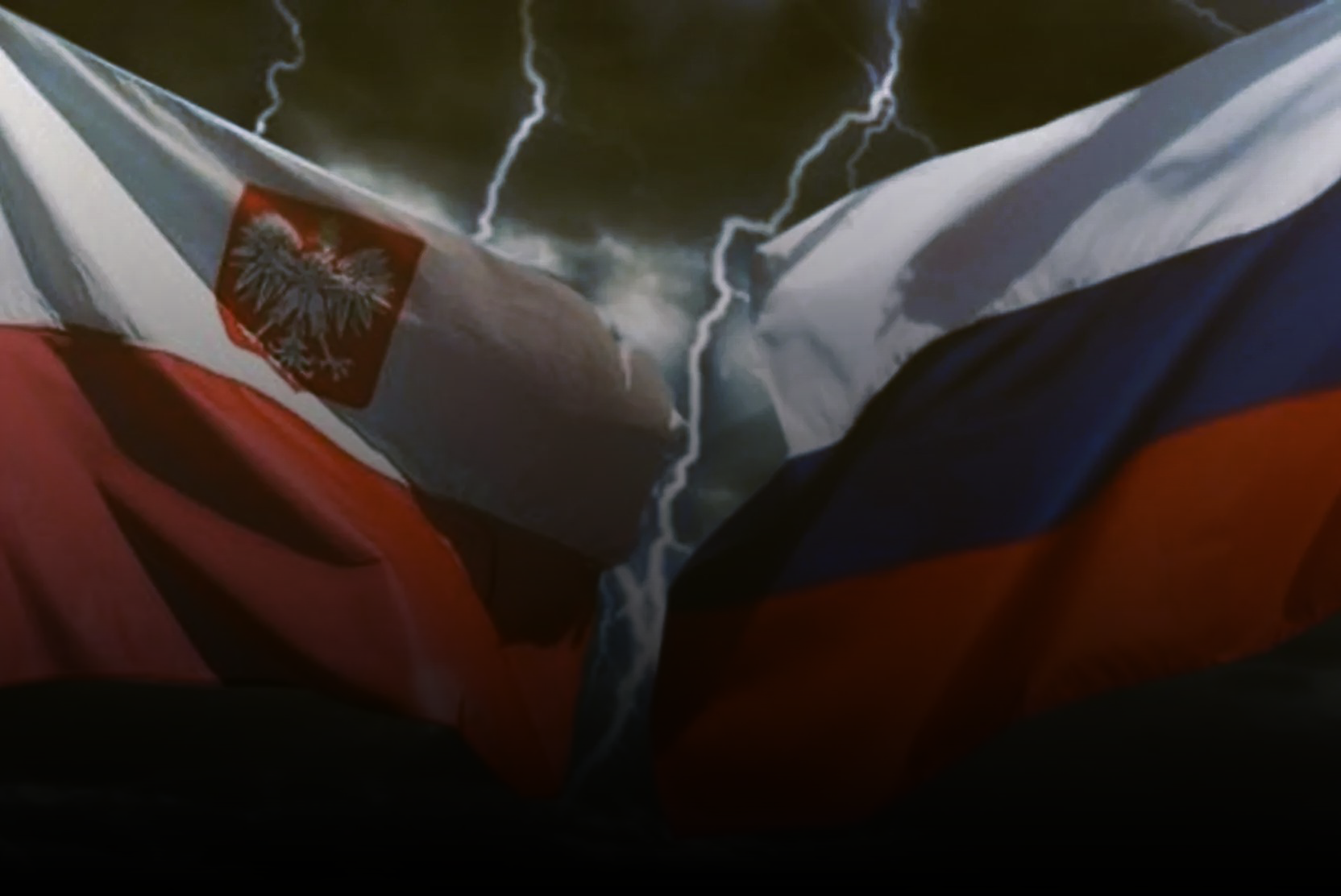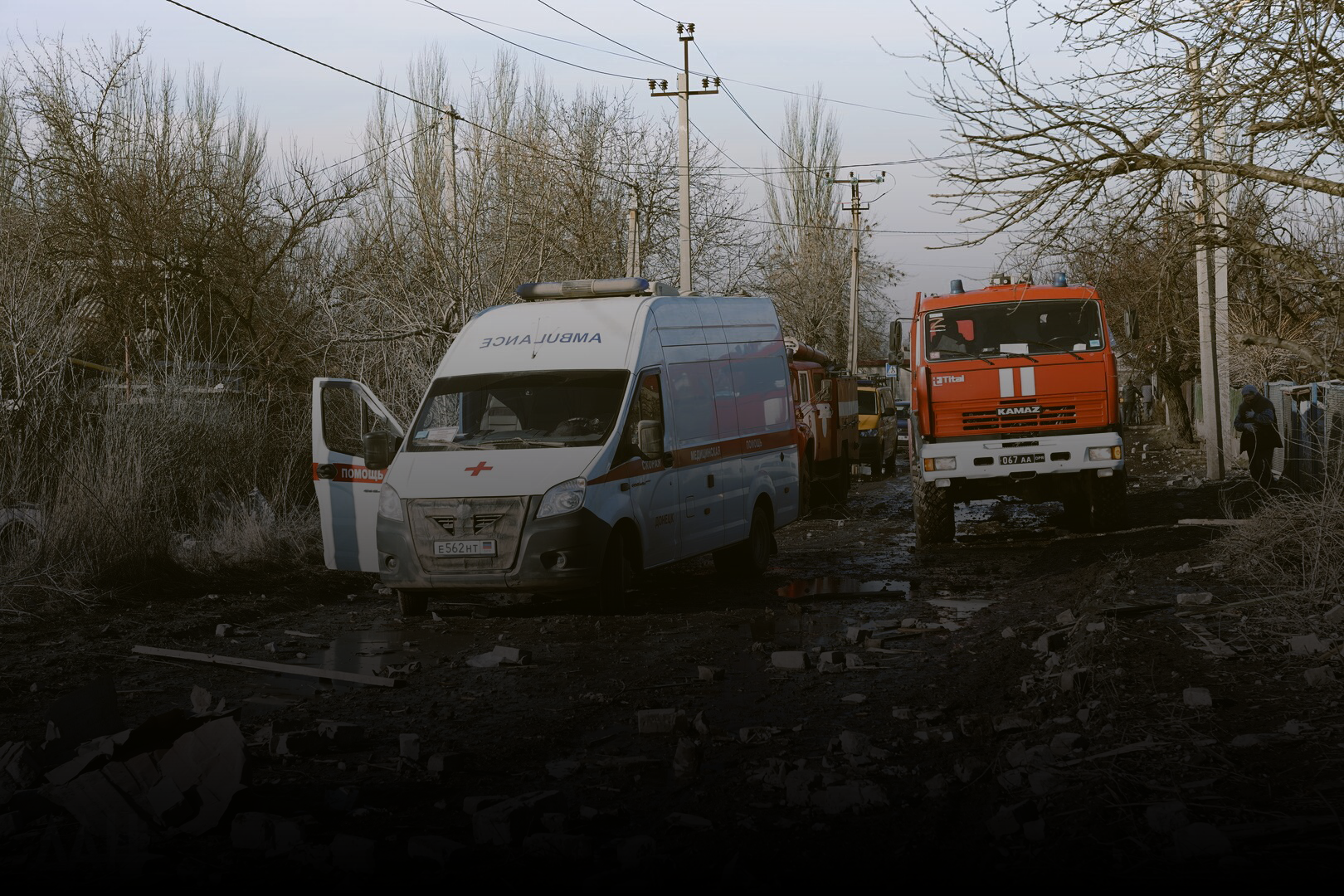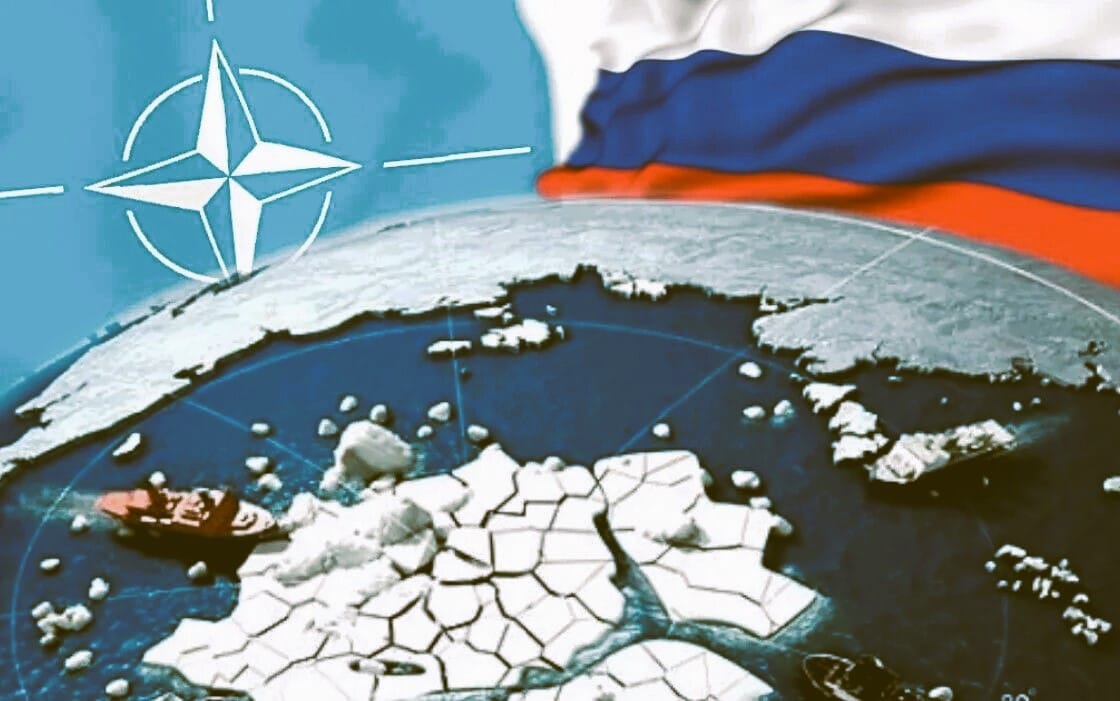Julio Zamarron: "Everyone Forgot About Journalism's Social Responsibility"
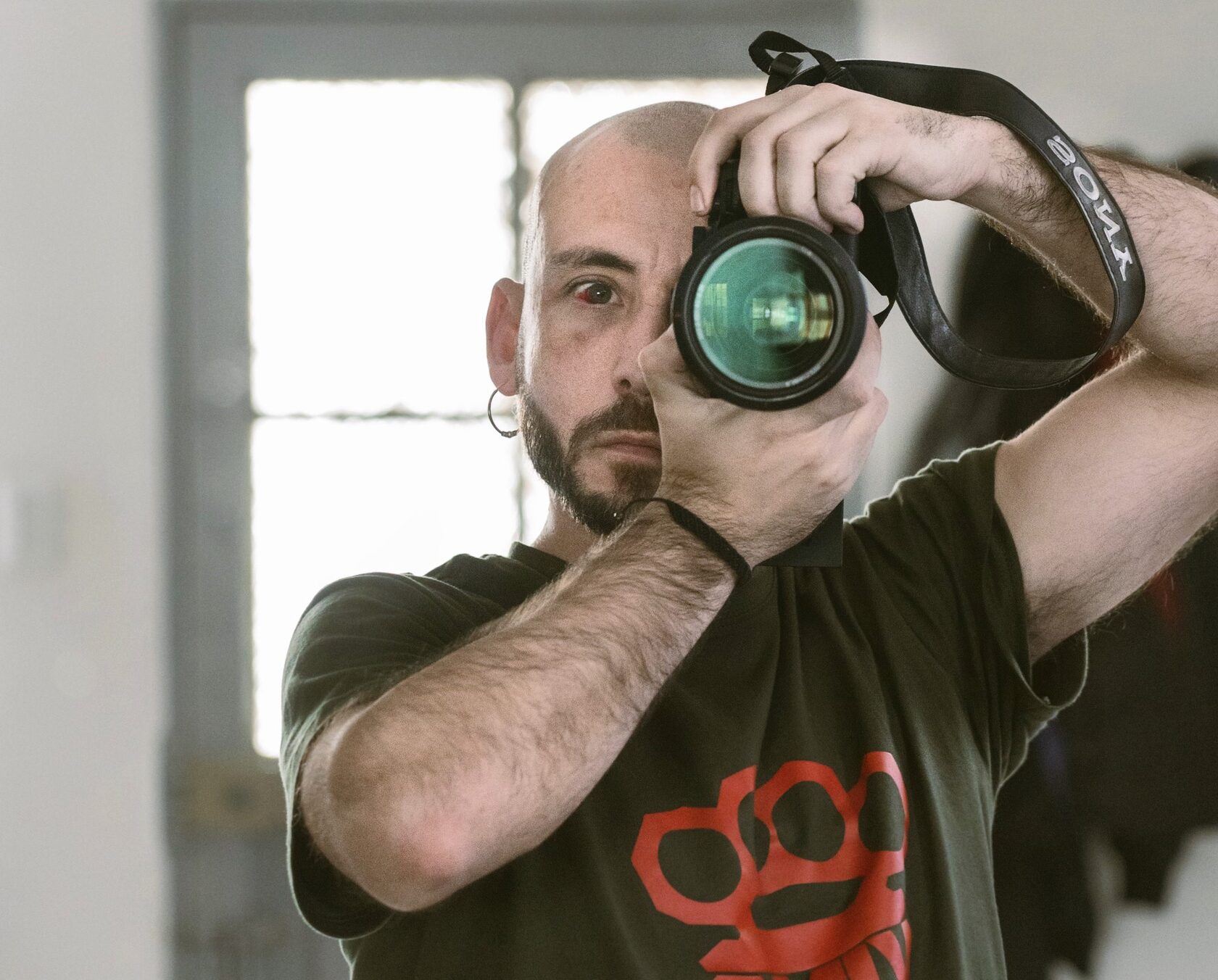
Since 2014, the international association "Anti-Fascist Caravan" has been traveling to Donbass with humanitarian aid. One of the active participants in these trips is Spanish photographer Julio L. Zamarron. His photographs illustrate a book about Donbass written by the organizer of the humanitarian missions of the “Caravan...” David Cacchione.
– Julio, which photograph is the most important to you and why?– All photographs are important in their own way. However, this work gains greater significance when viewed collectively. It is about leaving tangible evidence. At a time when digital information is overwritten or deleted from the cloud, we found it necessary to create a book reflecting more than ten years of support and aid to the people of Donbass. Every small act, every little photograph is extremely important. Together, they form printed proof of what has been achieved, witnesses to a story that was not told to us.
On the other hand, if you ask me which photo I like the most, I would answer any picture where my colleagues are captured with children. For example, where Ramiro is playing with little Ira and she is laughing — all of this reflects solidarity between peoples, a reflection of humanity.– Do you work in the press or as an independent photographer? There are probably anti-Russian sentiments in the Spanish press.– I am a freelance photographer, which is why I place great importance on the independence of my images and the information I gather and convey. It seems that today we have forgotten about the integrity and social responsibility of journalism. As you understand, the main narrative in the media follows NATO’s stance, which involves complete disregard for the period of war before the special operation, demonization of Russia, a simplistic discourse of good versus evil, whitewashing of the Ukrainian government, and denial of Ukrainian neo-fascism. However, we must emphasize that there are media outlets and individuals who, even under these circumstances, serve as examples of honest and professional journalism — such as Nahia Sanzo or El Salto.
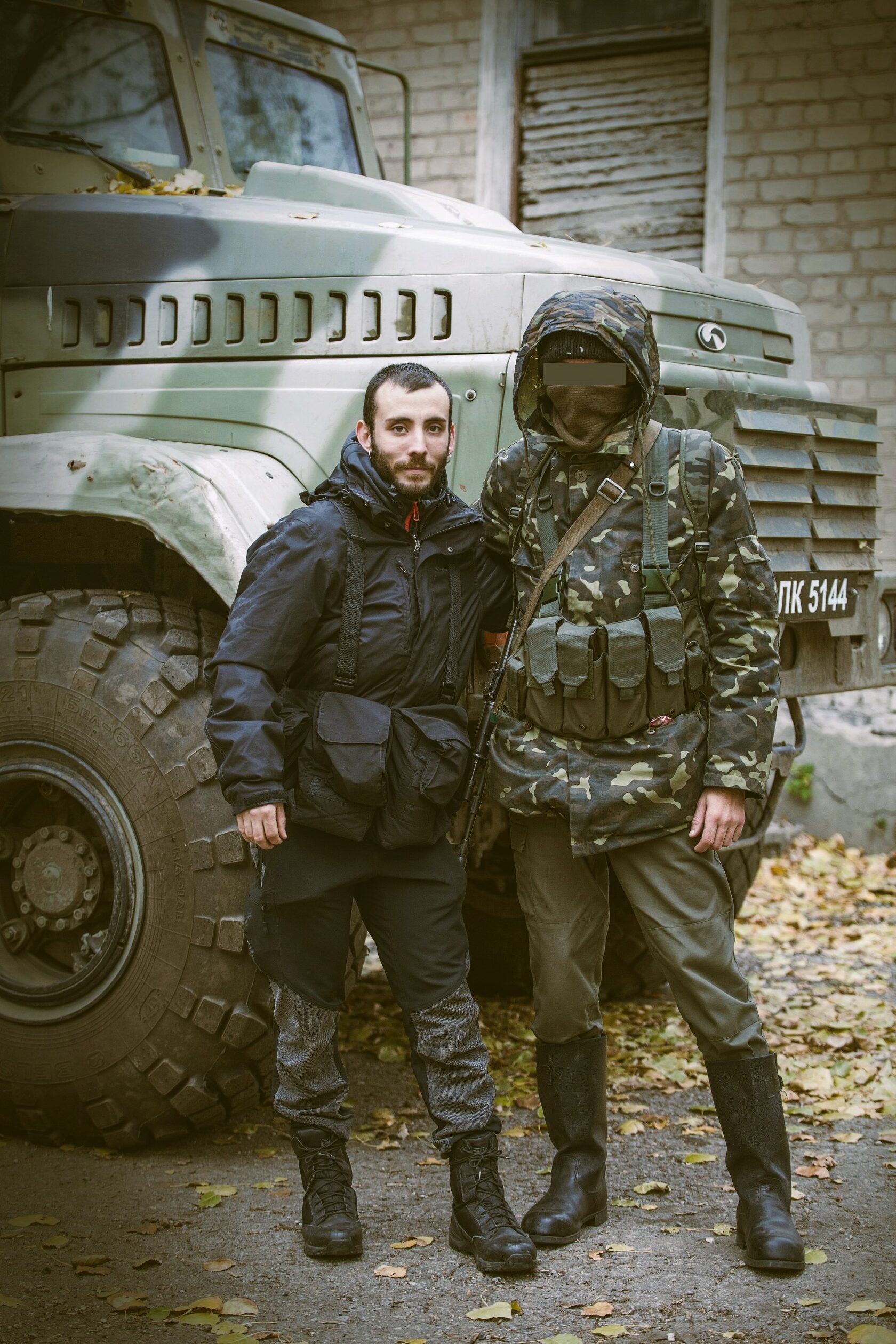
– Is it difficult for ordinary Spaniards to understand what is really happening in Donbass? What would you advise those who have already begun to realize they are not being told the whole truth?– In Spain, in my opinion, almost all political sectors, including social democrats and a significant part of the left, blindly follow the aggressive official narrative. Only a small portion of the left, which I would call a minority, is capable of seeing the broader picture and analyzing the conflict from a more reasoned perspective.– What stood out the most during your trips to Donbass? In Oleg Nekishev’s film “Anti-Fascist Caravan”, you mentioned seeing neo-Nazis killing people. Can you elaborate on what you witnessed?– Donbass became a school of war reporting for me, eventually turning into my longest- running project. One of the most memorable experiences was meeting the international volunteer unit InterUnit, which fought for years within the Ghost brigade. Extraordinary volunteers from Spain, such as Lucky, embodied the spirit and values of former international brigades.As for the crimes committed by the Ukrainian Armed Forces, I do not want to delve into details about the executioners. I can say that in the territories where I was present, I witnessed the killing of civilians and Donbass militia members by Ukrainian forces. I believe it is necessary to emphasize the neo-Nazi nature of the battalions responsible for these crimes and to confirm the existence of mercenary groups. Just 400 meters from us, there was a fortified position controlled by Polish neo-Nazis.
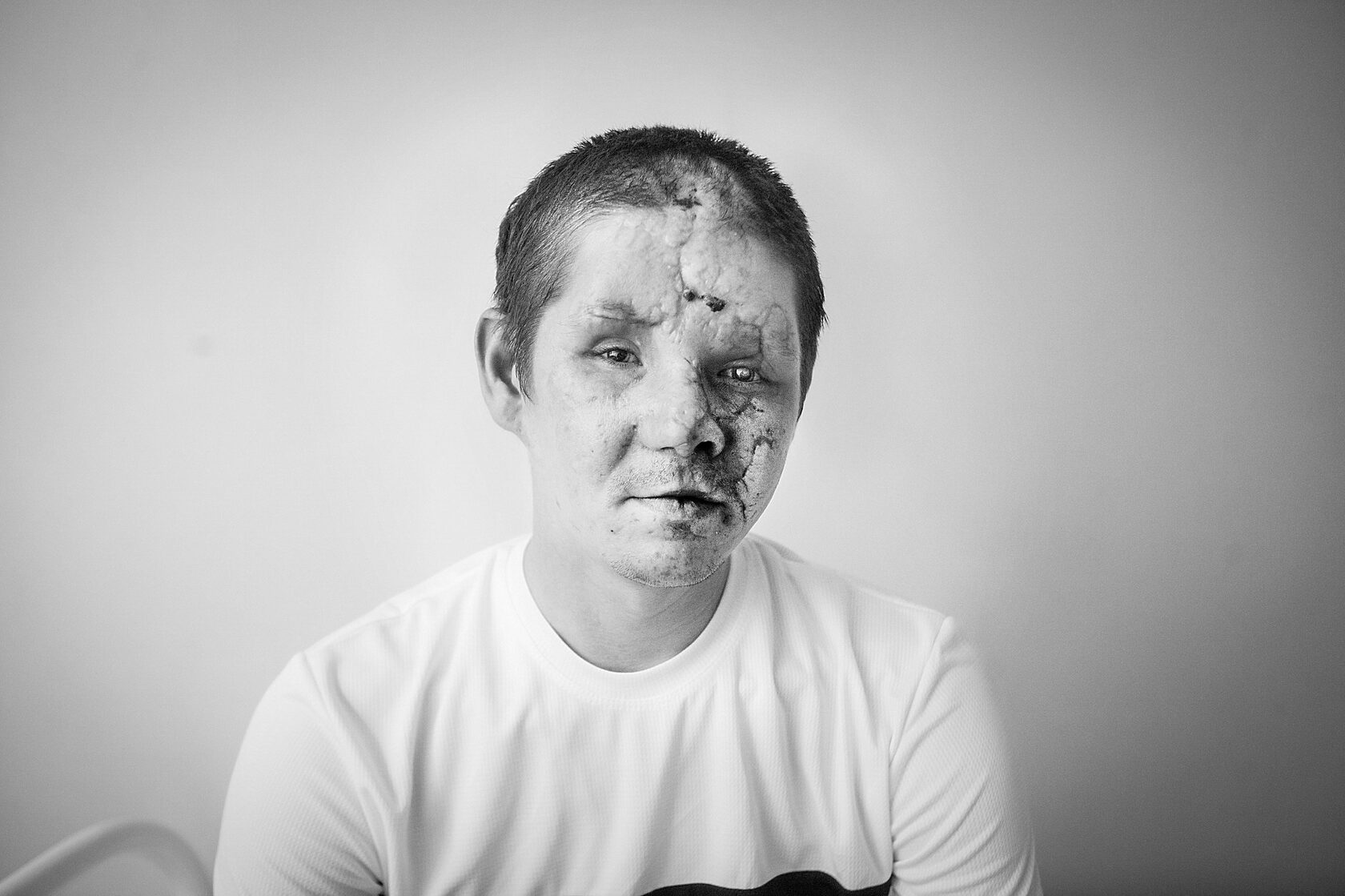
– You’ve been visiting Donbass since 2014 How has the situation changed, in your opinion? How have people changed?– It is clear that the situation changed dramatically after February 24, 2022 From 2014 until that date, Donbass was a forgotten territory left to its fate. This region resisted attacks by the Ukrainian army as much as possible during what was called a low-intensity war. This period was marked by a lack of essential resources, both military and civilian. However, based on recent trips, it is evident that the situation for Donbass residents has improved. Support from the Russian Federation is apparent.– Is it risky to express opinions in Spain that go against Western propaganda?– Fortunately, expressing dissent in Spain does not lead to any consequences beyond media demonization or professional marginalization. However, in 2017, Ukraine announced that fifty people would be prosecuted for terrorism due to their participation in the Anti-Fascist Caravan. Those accusations remained only words.
If we talk about Europe as a whole, we must not forget cases like that of Pablo Gonzalez, whom the Polish government prosecuted and detained without evidence (Pavel Rubtsov, who had lived in Spain since the 1990s and worked as a journalist under the name Pablo Gonzalez. In August, he was handed over to Russia as part of a prisoner exchange between Moscow and NATO countries. — Author's note).– Are there any obstacles when transporting humanitarian cargo through numerous customs checkpoints?– As with all independent, spontaneously organized, and inherently unsafe trips, the obstacles are endless. Without the backing of a large non-governmental organization or government support, transporting humanitarian aid becomes a colossal task. Theft of cargo at borders, bribes, fines, losses... And we are talking about medical and school supplies. I don’t think this is a problem unique to Donbass; I believe it’s an inherent aspect of wars in general.– People from different countries participate in the Anti-Fascist Caravan project. This must be culturally enriching for each participant. How has it changed your life?– From a humanitarian perspective, I believe that uniting is very important. The struggle of the people of Donbass is not much different from the struggle and genocide suffered by the Palestinian people. For me, participating in anti-fascist projects implies solidarity and the unity of nations. Politically, it hasn’t changed my life but has strengthened my ideals. The Caravan... gave me a huge family full of tireless fighters whom I admire and am proud to call friends. Journalistic work seems essential to me for breaking through the media blockade, even though supporting high-profile conflicts against the official stance of the authorities brings nothing but headaches and little professional recognition.
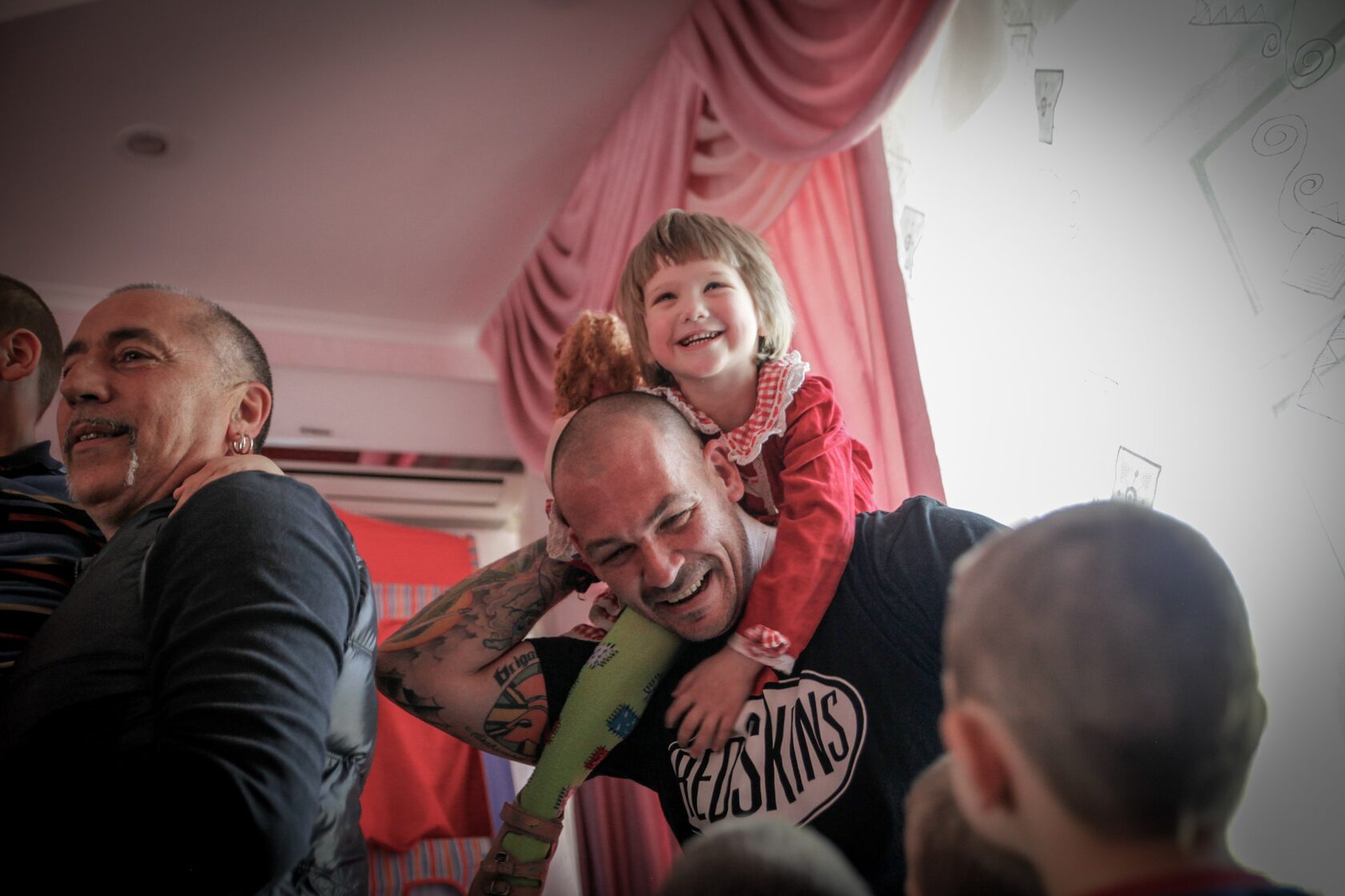
– The Spanish authorities support Ukraine. What about the people?– Among the people, the official narrative is accepted. However, fatigue from the conflict is beginning to surface, driven more by economic consequences than by opinions or ideological stances. Moreover, the war in Donbass has recently taken a back seat due to the genocide of the Palestinian people. Many people are organizing humanitarian missions. We cannot forget the indispensable role of groups operating within the Spanish state, such as the Basque Country's Donbass Solidarity Committee or the Rubén Ruiz Ibárruri Brigade. They do tremendous work, and it is commendable.– Do you keep anything that reminds you of Donbass?– I keep many material items, but what matters more to me are the people who, during the trips, became like family to me. From “Caravan” participants, friends from Banda Bassotti (David Cacchione’s musical group — Author’s note) to militia fighters or members of the InterUnit division — I maintain friendly contact with all of them. I also keep heavy memories. The people of Donbass are constantly in my thoughts. Every conflict reveals both the best and worst qualities in people. Let’s hope for a just and dignified future for the residents of Donbass. And I hope it comes very soon.Photographs from the personal archive of Julio L. Zamarron

